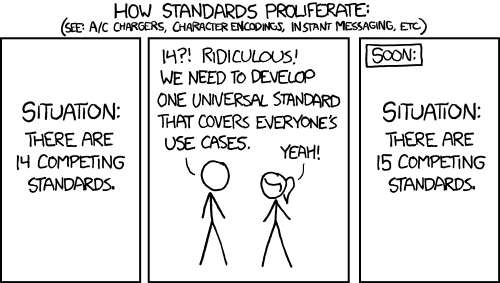And what is practical defeats what is accurate in language revival, because you’re trying to get something up and running, with speakers who are not academic linguists. There are Aboriginal language revivals underway that skip the Ergative–absolutive language — because the uphill battle of restoring an ergative for people who have only ever spoken English is just not worth it. The Tasmanian language revival Palawa kani is probably a hodgepodge linguistically—although the language workers refuse to show their work to academic linguists, because approval from (white) academic linguists is not the point of their exercise.
And you know, that’s fine. Linguists may well mutter that these are just amateurish feel-good exercises. They may even be right. But those exercises are likelier to get something resembling the original language spoken, than an exercise that is much more linguistically accurate—and which the language community feels no ownership of.
And the last thing you want is linguists trying to correct a language revival. Or even worse, someone trying to compromise between the original revival and the corrected revival. Such as happened with the Cornish revival :
